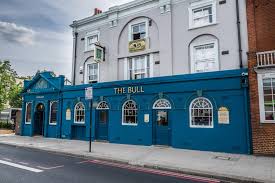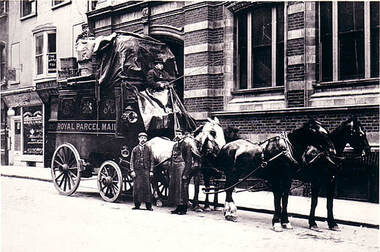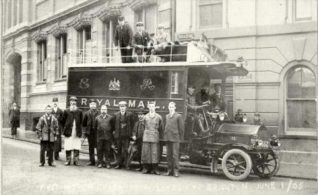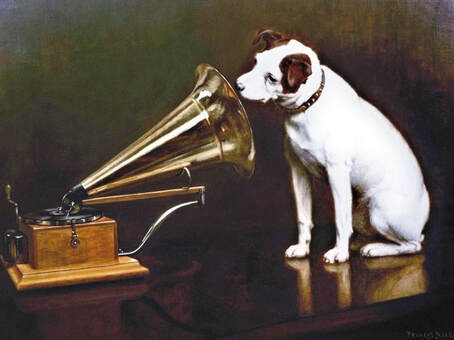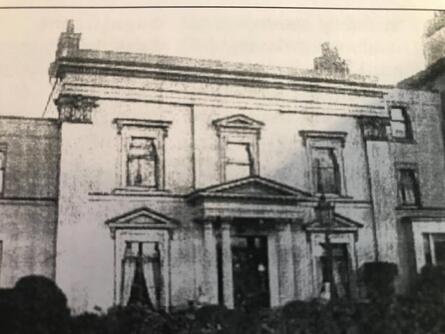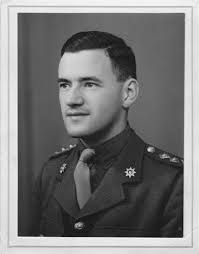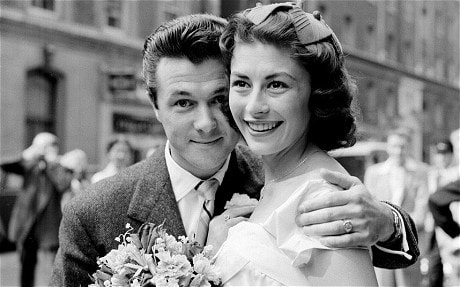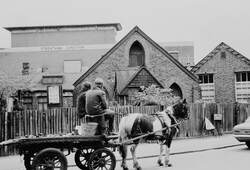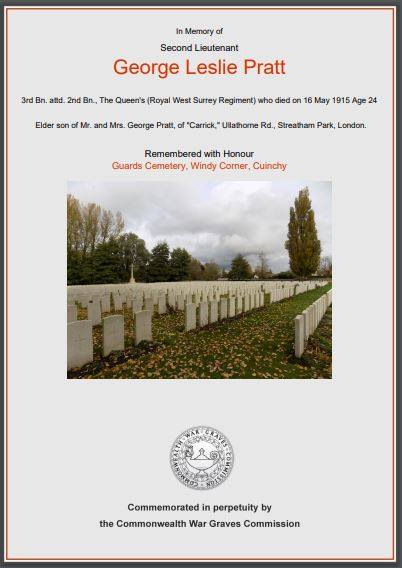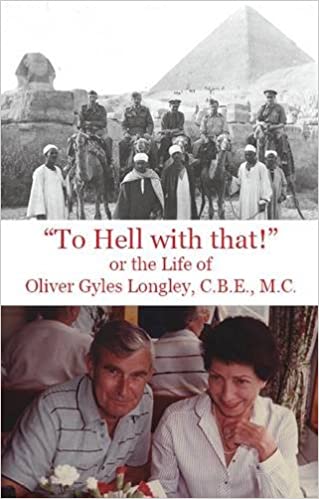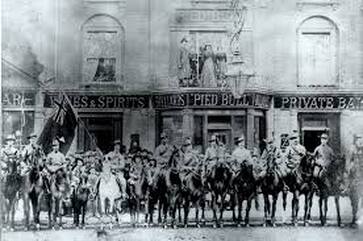
 On This Day 1 June 2015 the historic Pied Bull public house re-opened as the Bull after a reported £1.5m refurbishment
0 Comments
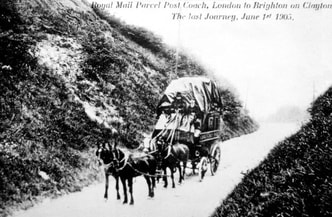 On This Day on 1 June 1905 - The last horse-drawn mail coach ran from London to Brighton and back via Streatham. The next day the Royal Mail Parcel Post Motor Coach with a 24 horsepower Daimler engine made its first journey from London to Brighton and back. (With grateful thanks for the information John Brown) 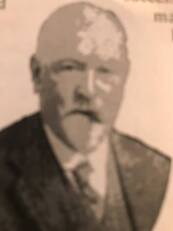 On the 31st May 1899. A painting of a small dog listening to a phonograph was shown to the general manager of 'The Gramophone Company' in London, by the painter, Francis Barraud. 'His Master's Voice', a picture of his dog Nipper listening to an Edison cylinder phonograph (in Kingston-upon Thames); he offered it to the Edison Bell Company, whose chairman James Hough turned it down, saying 'Dogs don't listen to phonographs.' The Gramophone Company paid £50 for the picture and £50 for the copyright, on condition that he paint a gramophone over the phonograph; it hangs in the EMI London office today and has become one of the most famous trademarks in the world James E Hough was a resident of "St Albans", formerly "The Elms" in Streatham Hill. He died in 1925 (Images of Hough and his house courtesy of John Brown of the Society) 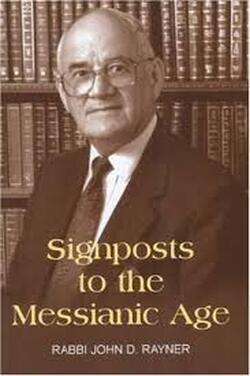 John Desmond Rayner was born On This Day 30 May 1924 Rabbi and liturgist born Hans Sigismund Rahmer, in Berlin, Germany, on 30 May 1924, the only son and younger child of Ferdinand Josef Adolf Rahmer (1887–1942?), chief French correspondent at Deutsche Bank, and his wife, Charlotte, née Landshut (1897–1942?). Rayner was ordained into the Liberal Jewish ministry by Rabbi Israel Mattuck in June 1953, and served the South London Liberal Synagogue in Streatham as their first full-time paid minister until 1957, when he received the 'call', as he described it, to the Liberal Jewish Synagogue in St John's Wood, to be associate minister to Rabbi Leslie Edgar. The south London years were happy times. On 19 June 1955 he married Jane Priscilla Heilbronn (b. 1931), a secretary, and daughter of Lionel Heilbronn, manufacturer's agent, and his wife, Pauline; they had two sons and one daughter. In the early years of their marriage they lived penuriously—the salary was minuscule—in Upper Norwood, and made many friends. Rayner was particularly remembered in the congregation not only for his brilliant sermons and his unfailing devotion to pastoral care, but for his car, which, due to his lack of money, was an old, failing Austin Seven named Gomer after the prophet Hosea's wife, who had been unfaithful but whom he loved just the same. The Liberal Jewish Synagogue, with its place at the heart of the Liberal Jewish movement at the time, suited John Rayner perfectly. (Baroness Julia Neuberger) 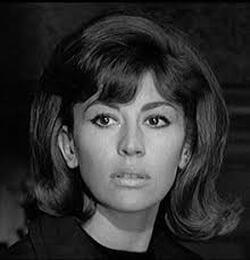 On This day in 1934: Nanette Newman (born 29 May 1934) is an English actress and author. She appeared in nine films directed by her husband Bryan Forbes, including Séance on a Wet Afternoon (1964), The Whisperers (1967), Deadfall (1968), The Stepford Wives (1975) and International Velvet (1978) for which she won the Evening Standard Film Award for Best Actress. She was also nominated for the BAFTA Award for Best Actress in a Leading Role for another Forbes directed film, The Raging Moon (1971). In the 1940s, she lived in Pullman Court, Streatham Hill. She was educated at Sternhold College, the Italia Conti Academy of Theatre Arts stage school and the Royal Academy of Dramatic Art 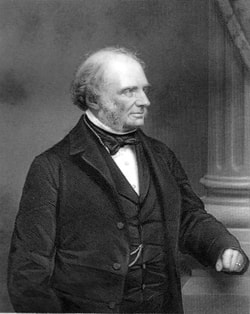 Died #onthisday 1878 Earl Russell (who had sat in the Commons as Lord John Russell, latterly for the City of London, 1841-61). A key figure in the passing of the 1832 Reform Act; made several failed attempts at further parly reform. Twice Liberal prime minister, 1846-52, 1865-6. (The Victorians Commons) The Reform bill was drafted in the library at the Rectory, adjacent to St Leonard's church. Lord John Russell was staying in Streatham where his brother Wriothesley was the rector 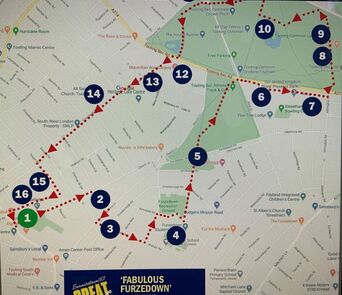 Fancy a walk through Streatham and Tooting- here is Geoff Simmons' latest walk "Fabulous Furzedown". See the Streatham Society plaque and Dr Johnson's Mulberry Tree. Johnson was a frequent visitor to Streatham Park home of the Thrale's. https://summerstown182.files.wordpress.com/2020/05/fabulous-furzedown-1.pdf 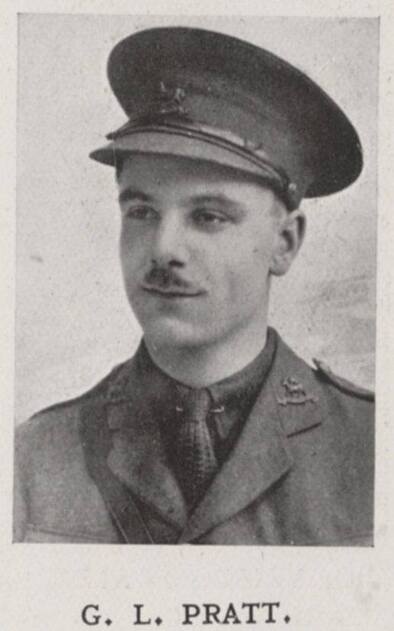 On This Day 28th May 1890 George Leslie Pratt was born Eldest son of George Pratt who owned a department store in Streatham, George Leslie Pratt was tragically killed in WW1 He attended Dulwich 1903-1906 and the address given for him is Camden House, Bank Buildings, 426-450 Streatham High Road Born on May 28th 1890, George was the eldest of four children of George and Florence Pratt; his father ran George Pratt & Co., a gentleman’s outfitters and early department store on Streatham High Road which was, at the time, the largest shop in Streatham and later became part of the John Lewis Partnership. In September 1914, the month after Britain declared war, he volunteered for military service, at first as a member of the University and Public Schools Battalion of the Royal Fusiliers. That December George was granted a commission in the 3rd Battalion of The Queen’s and spent the next four months stationed at Chatham before, in March 1915, being attached to the 2nd Battalion with whom he went over to the front for the first time. After just two months in France however he was dead, having been killed in action near Festubert on May 16th. (Extracts Dulwich College) 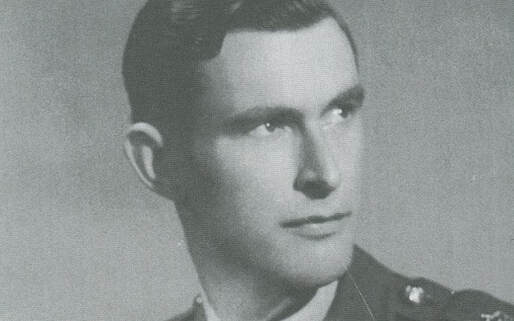 On This Day 28 May 20015 Oliver Longley died. He was born in Streatham Oliver Gyles Longley CBE MC (30 September 1918 - 28 May 2015) was a British Army officer of the Second World War who won the Military Cross in 1943 for his actions in Italy while commanding a squadron of 44th Reconnaissance Regiment near Battipaglia. Longley had a number of narrow escapes during his military service, including stepping on a mine that failed to explode Telegraph Obituary 15 June 2015- Renonnaissace Officer who survived machine-gun fire and grenade attacks in Italy https://www.telegraph.co.uk/news/obituaries/11675477/Gyles-Longley-Reconnaissance-officer-obituary.html On September 16 1943, after the Allied landings at Salerno, Italy, Longley was commanding a squadron of 44th Reconnaissance Regiment (44 RR) which was holding a position south-west of Battipaglia. At dawn, they came under intense shell, mortar and machine-gun fire. His command car was riddled with bullets and was knocked out. The wireless sets were not working properly and as he ran over to contact one of the positions he saw a German taking aim at him. He dropped to the ground and the bullet missed him but a shell burst behind him wounding him in the foot. The battle raged all day. One of his armoured cars was set ablaze, killing all the crew. The enemy made determined efforts to surround the squadron but thanks to stiff resistance and the support from the Allied artillery, they withdrew before dark having taken severe losses. Longley was awarded an Immediate MC. The citation paid tribute to his courage and inspirational leadership. Oliver Gyles Longley, the son of an officer (Charles William Longley) in the Honourable Artillery Company who was also awarded an MC in the First World War, was born at Streatham on September 30 1918. He was educated at Tonbridge and then spent some time working in the family business at Smithfield before joining Gestetner, manufacturers of stencil duplicators, in 1936. He married Ginette Edith Wilson on 15th January 1949 at Le Vesinet. She worked in General de Gaulle’s private office in London |
AuthorMark Bery, Secretary Streatham Society Archives
March 2024
|
